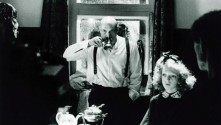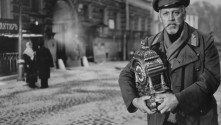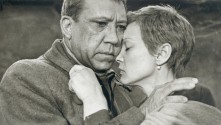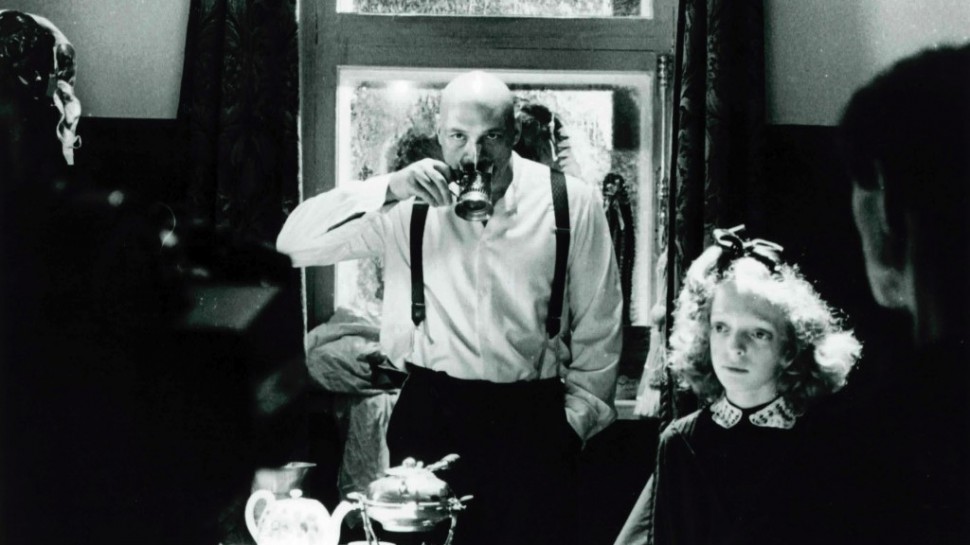
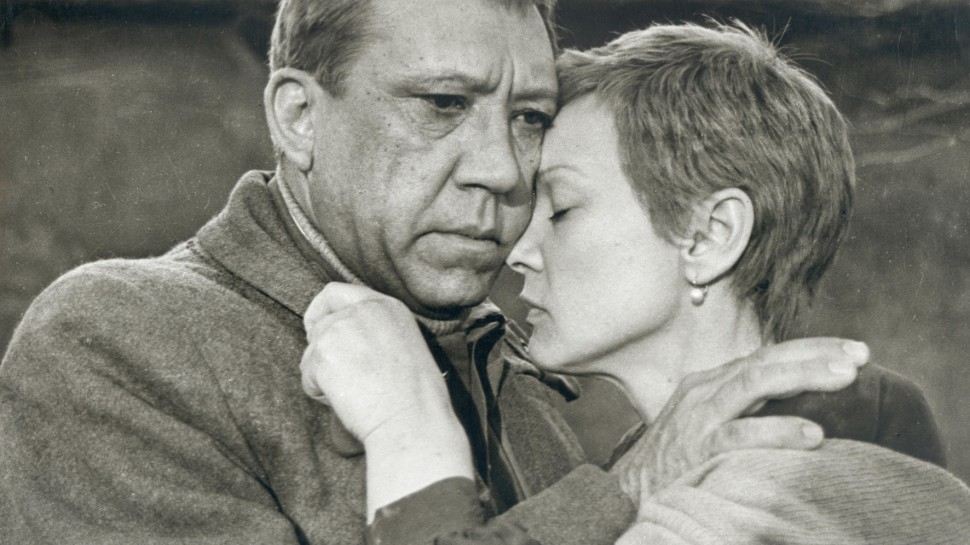
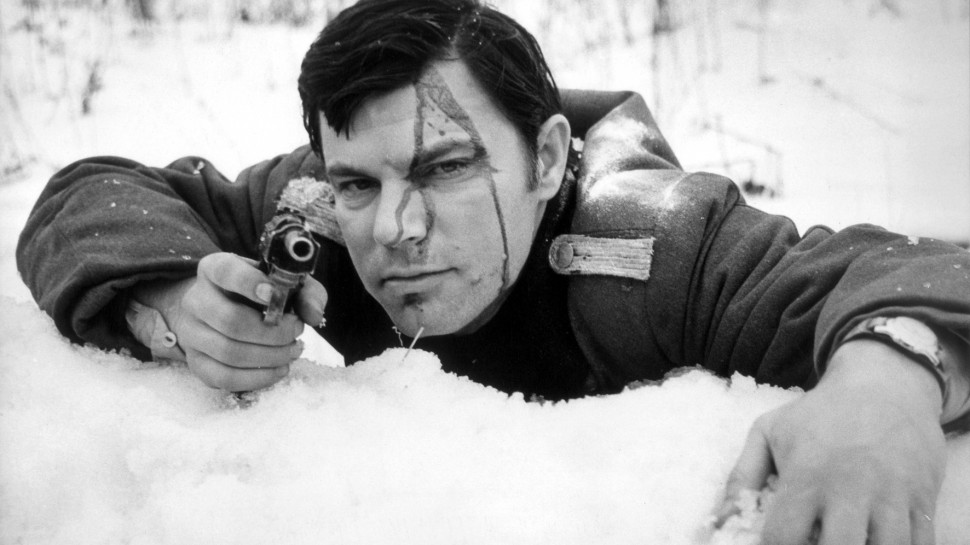
History Through the Wrong End of the Telescope: The Films of Aleksei Guerman
While Aleksei Guerman (b. 1938) may be little known in the US, in his native Russia he is widely considered Tarkovsky’s main rival for the title of greatest Russian filmmaker since the heyday of Soviet silent cinema. The fact that he has completed only five films in 40 years has both hindered his international reputation and added to his legend. According to Guerman, he originally wanted to be a doctor but was convinced by his father, distinguished author Yuri Guerman, to pursue an education in directing for the stage, which led to an apprenticeship with famed filmmaker Grigory Kozintsev. His first screen credit came as co-director with the more experienced Grigori Aronov on The Seventh Companion (1967), about the civil war that followed the Bolshevik revolution. Guerman already had strong, and unconventional, ideas about filmmaking that he was mostly forced to stifle for this assignment; he remains reluctant to claim any responsibility for the film.
He was given the chance to direct his own project a few years later: Trial on the Road set during World War II. With its decidedly unheroic look at combat, it ran afoul of the censors and was not released until 1986. In the meantime, Guerman eventually managed to make another World War II film, Twenty Days Without War, followed by the work that won him international renown, My Friend Ivan Lapshin. The emergence of this film, combined with the release of Trial on the Road, made it possible for him to secure foreign funding for what remains his latest feature, Khrustalyov, My Car!. For the past several years, he has been working on the sci-fi epic Hard to Be a God.
Guerman’s popularity and importance in Russia stem in part from his decision to focus on times of historical import for the Soviet Union, from the Revolution to the death of Stalin. The preparation for each film has involved extensive research, including the examination of archival photos and interviews with survivors of the period in question. But history is glimpsed only obliquely in Guerman’s work. The early films feature not heroes but simply people doing what they can to survive, only occasionally having the opportunity to wonder how their actions will be judged. As Guerman’s idiosyncratic style has emerged over the course of his career, narrative itself becomes more diffuse, with major events taking place just offscreen or between scenes.
Finally, with Khrustalyov, My Car!, significant incidents are not so much absent as engulfed by a mise-en-scene teeming with details and characters ranging from the banal to the grotesque, like a Brueghel painting. If Guerman’s strategy is to approach history not from the top down but the bottom up, his particular genius is to present it as though glimpsed through the wrong end of a telescope, where the crucial happenings and important figures are lost among the myriad occurrences of everyday life. – David Pendleton


